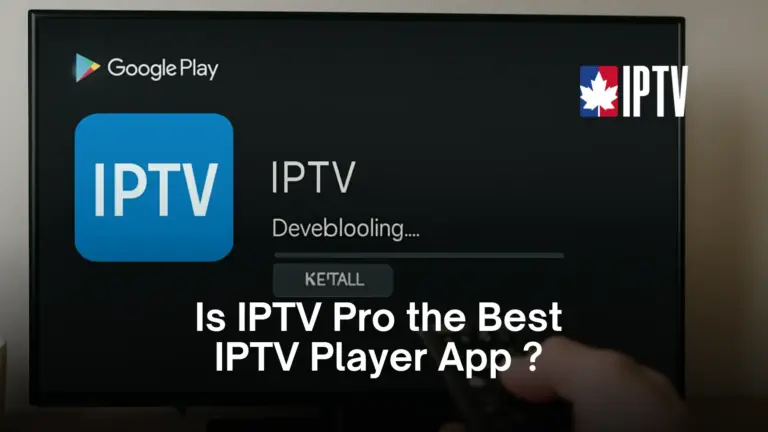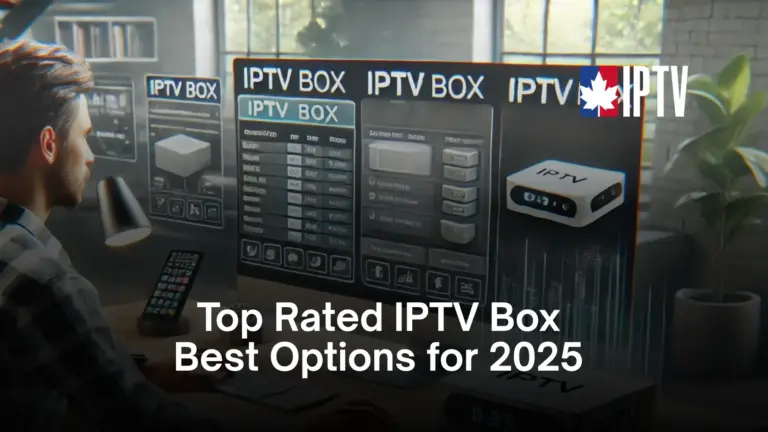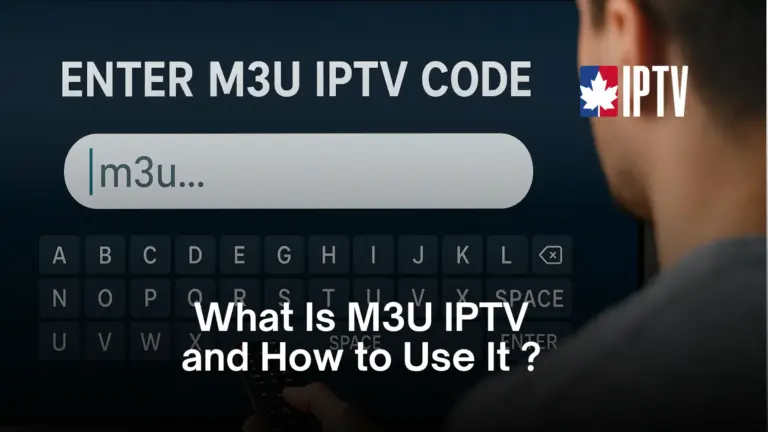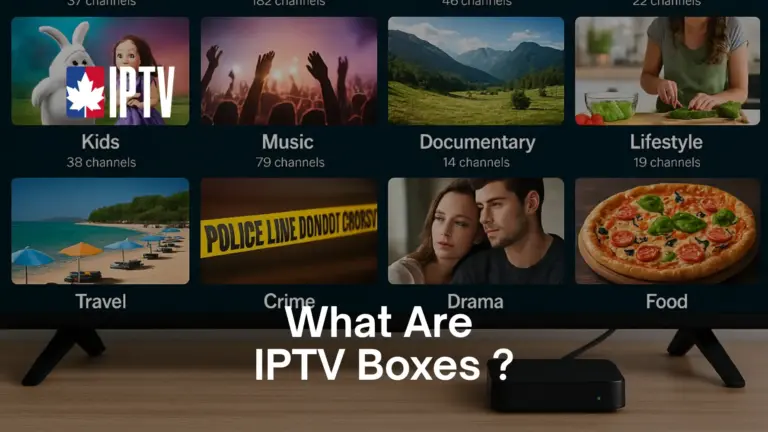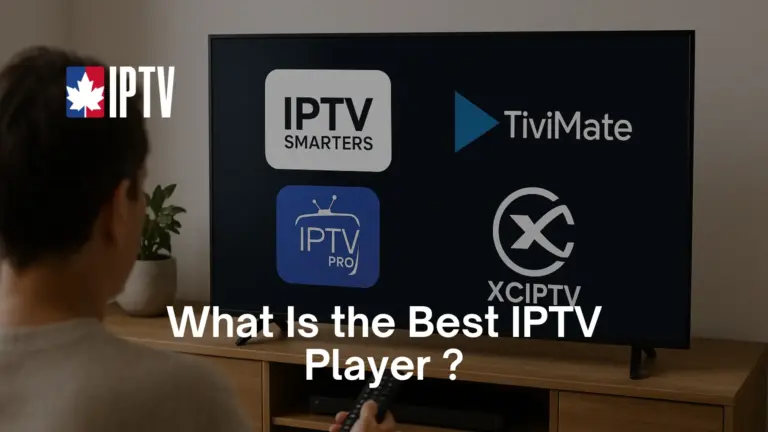You’re encountering a technical impossibility when IPTV boxes claim “all channels free” access. Legitimate content distribution requires licensing fees averaging $8-15 per channel package monthly, while streaming protocols like HLS and RTMP still need valid subscriptions for licensed channels.
Services offering unlimited free channels typically operate illegally, exposing you to penalties ranging from $750-150,000 per infringed work under U.S. copyright law.
Understanding the distinction between legal IPTV and pirated services protects you from significant financial and legal consequences.
How IPTV Technology Actually Works
When you connect an IPTV box to your network, it doesn’t magically unlock free access to all premium channels; instead it functions as a specialized streaming device that receives television content through internet protocol packets rather than traditional broadcast signals.
The IPTV infrastructure relies on streaming protocols like HTTP Live Streaming (HLS) and Real-Time Messaging Protocol (RTMP) to deliver content from legitimate providers’ servers.
You’ll need a valid IPTV subscription to access licensed channels legally. While some boxes support free-to-air broadcasts and public domain content, premium networks require authentication through your paid service credentials. Legal IPTV operates within copyright frameworks.
The Truth Behind “Free” Channel Claims and Hidden Costs
Although IPTV boxes marketed with “unlimited free channels” might seem appealing, you’re actually looking at a complex cost structure that extends beyond the initial hardware purchase. Most legitimate IPTV services operate on subscription models requiring monthly payments ranging from $10-50.
You’ll encounter hidden fees including activation charges, premium channel upgrades, and bandwidth requirements. While basic over-the-air channels remain free, accessing cable networks, sports packages, and international content demands paid subscriptions.
Additionally, you’re responsible for internet costs—streaming 4K content consumes approximately 25GB hourly. Legal IPTV providers clearly disclose pricing; services claiming everything’s free typically operate illegally.
Legal Risks and Consequences of Using Unauthorized IPTV Services
If you’re using unauthorized IPTV services that stream copyrighted content without proper licensing, you’re exposing yourself to significant legal liability that can result in criminal prosecution, civil lawsuits, and financial penalties ranging from $750 to $150,000 per infringed work under U.S. copyright law.
The legal implications extend beyond monetary damages:
- Internet service providers can terminate your connection for copyright infringement violations.
- Law enforcement agencies conduct raids targeting illegal streaming operations and users.
- Your personal data stored on unauthorized platforms becomes vulnerable to legal discovery.
Content owners actively monitor illegal streams through watermarking technology, tracking IP addresses for prosecution.
Legitimate IPTV Options vs. Pirated Content Providers
| Aspect | Legitimate IPTV Providers | Pirated IPTV Providers |
| Licensing | Secure official content rights through agreements with broadcasters and networks | No licensing; streams channels without authorization |
| Pricing | Transparent pricing; higher cost reflects licensing and infrastructure | Very cheap “all-channel” packages that seem too good to be true |
| Service Quality | Stable servers, reliable streaming, professional infrastructure | Frequent buffering, unstable servers, sudden service interruptions |
| Support | Offer customer service, technical help, and clear contact channels | No real support; providers often disappear when problems arise |
| Recognition Signs | Business registered, official partnerships (e.g., with YouTube TV…) | No registration, frequent server/IP changes, no visible business identity |
| Legal Compliance | Fully legal; protects users from legal risks | Illegal; exposes users to copyright issues and potential penalties |
What to Watch Out for When Shopping for IPTV Devices and Services
When you’re evaluating IPTV devices and services, red flags include unrealistic pricing structures, vague company information, and promises of “lifetime” access to premium channels. You’ll need to verify device compatibility with your existing hardware and assess service reliability through user reviews and uptime statistics.
Critical evaluation factors include:
- Technical specifications: Confirm supported resolutions, codecs, and network requirements match your setup.
- Service guarantees: Look for documented SLAs and customer support response times.
- Payment security: Verify encrypted transactions and legitimate payment processors.
Avoid providers lacking physical addresses, using only cryptocurrency payments, or offering suspiciously comprehensive channel packages below market rates.
Frequently Asked Questions
Can I Use an IPTV Box With My Existing Cable or Satellite Subscription?
You can’t directly integrate IPTV boxes with cable/satellite subscriptions due to IPTV compatibility restrictions. They’re separate systems requiring different authentication protocols. However, you’ll maximize subscription benefits by using your provider’s official streaming apps on the IPTV device.
Do IPTV Boxes Work Without an Internet Connection?
No, you can’t use IPTV boxes without internet connectivity. IPTV technology requires broadband connection to stream content from servers. Unlike traditional broadcasting, there’s no offline streaming capability since data packets must be continuously received online.
What Internet Speed Do I Need for Smooth IPTV Streaming?
You’ll need minimum 10 Mbps for HD streaming quality and 25 Mbps for 4K content. Bandwidth requirements increase with multiple simultaneous streams—add 5-10 Mbps per additional device. Buffer-free performance typically requires 20% overhead above baseline speeds.
Can Multiple TVS Use the Same IPTV Box Simultaneously?
You can’t stream to multiple TVs simultaneously from one IPTV box due to hardware limitations. IPTV box compatibility requires separate devices per TV, though some providers offer multi-screen packages supporting 2-4 simultaneous streaming connections.
How Often Do IPTV Boxes Need Software or Firmware Updates?
You’ll typically need firmware upgrades every 2-4 months for optimal performance. Software maintenance frequency depends on your provider’s release schedule, averaging monthly updates. Critical security patches require immediate installation, while feature updates can be quarterly.


